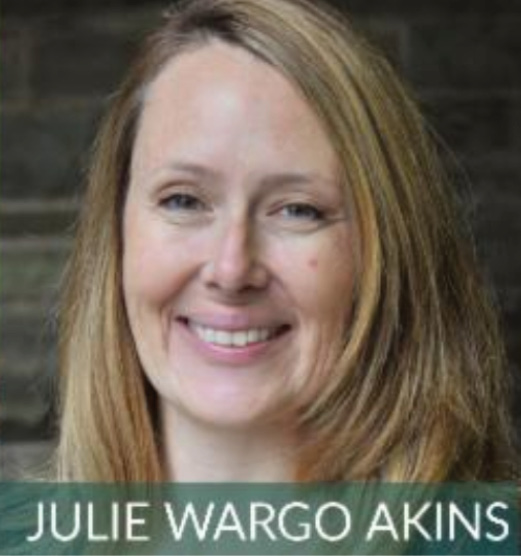Biological & Environmental Risks
Stella Resko, Ph.D.
 Dr. Resko was recognized for her contributions and commitment to social work research, teaching, and service and was promoted to Full Professor. In the Fall, she became the Doctoral Program Director at the School of Social Work. This year, Dr. Resko was the co-principal investigator on over $1.2 million in research and evaluation grants. These grants included SAMHSA funds provided to the Michigan Department of Health & Human Services and are focused on drug overdose prevention, helping families affected by substance misuse, and providing technical assistance to Michigan communities receiving Opioid Settlement funds. In addition, her recent publications have examined various issues related to substance use, including driving after cannabis use among young adults, stigma and communication within families affected by a loved one's substance use, and burnout among substance use treatment providers.
Dr. Resko was recognized for her contributions and commitment to social work research, teaching, and service and was promoted to Full Professor. In the Fall, she became the Doctoral Program Director at the School of Social Work. This year, Dr. Resko was the co-principal investigator on over $1.2 million in research and evaluation grants. These grants included SAMHSA funds provided to the Michigan Department of Health & Human Services and are focused on drug overdose prevention, helping families affected by substance misuse, and providing technical assistance to Michigan communities receiving Opioid Settlement funds. In addition, her recent publications have examined various issues related to substance use, including driving after cannabis use among young adults, stigma and communication within families affected by a loved one's substance use, and burnout among substance use treatment providers.
Julie Wargo Aikins, Ph.D.
 The role of parents in shaping children's social and emotional lives begins in infancy and continues to influence how individuals view their world throughout the life course. Dr. Wargo Aikins has spent much of her career focused on parent-child attachment, trauma, and the clinical application of attachment theory and measurement. She recently edited a book for clinicians and students, Working with Attachment Trauma, that explores the value of understanding these relationships through the use of the Adult Attachment Projective Picture System across many different populations of adolescents, adults, and those with mental health difficulties.
The role of parents in shaping children's social and emotional lives begins in infancy and continues to influence how individuals view their world throughout the life course. Dr. Wargo Aikins has spent much of her career focused on parent-child attachment, trauma, and the clinical application of attachment theory and measurement. She recently edited a book for clinicians and students, Working with Attachment Trauma, that explores the value of understanding these relationships through the use of the Adult Attachment Projective Picture System across many different populations of adolescents, adults, and those with mental health difficulties.
Dr. Wargo Aikins also directs the MPSI graduate training program. Graduate students from across the university with interests in child and family research are selected to participate in the program to augment their work within their home departments. Consistent with MPSI's educational goals, students receive additional training in research and community engagement participating in colloquia, meet with a diversity of scholars in the field, and receive professional development, writing help, and faculty support in developing and meeting their individual development plans. These activities culminate in the Spring with a celebration of students' research at the Lifespan Alliance Research Day competition, where students present their work in poster and paper presentations.
Valerie Simon, Ph.D.
 A primary focus of Dr. Simon's research has been youth exposure to interpersonal violence. She explores research questions concerning how and for whom violence exposure undermines psychosocial development during adolescence and emerging adulthood. Dr. Simon uses a multi-method approach that includes questionnaires, interviews, physiological and virtual reality measures. She also examines adolescents' romantic and sexual development from a holistic perspective that integrates the risky and rewarding aspects of teens' experiences and is interested in further elucidating the timing, sequencing, and quality of adolescents' experiences as well as factors the promote or undermine positive development in these key domains of development.
A primary focus of Dr. Simon's research has been youth exposure to interpersonal violence. She explores research questions concerning how and for whom violence exposure undermines psychosocial development during adolescence and emerging adulthood. Dr. Simon uses a multi-method approach that includes questionnaires, interviews, physiological and virtual reality measures. She also examines adolescents' romantic and sexual development from a holistic perspective that integrates the risky and rewarding aspects of teens' experiences and is interested in further elucidating the timing, sequencing, and quality of adolescents' experiences as well as factors the promote or undermine positive development in these key domains of development.